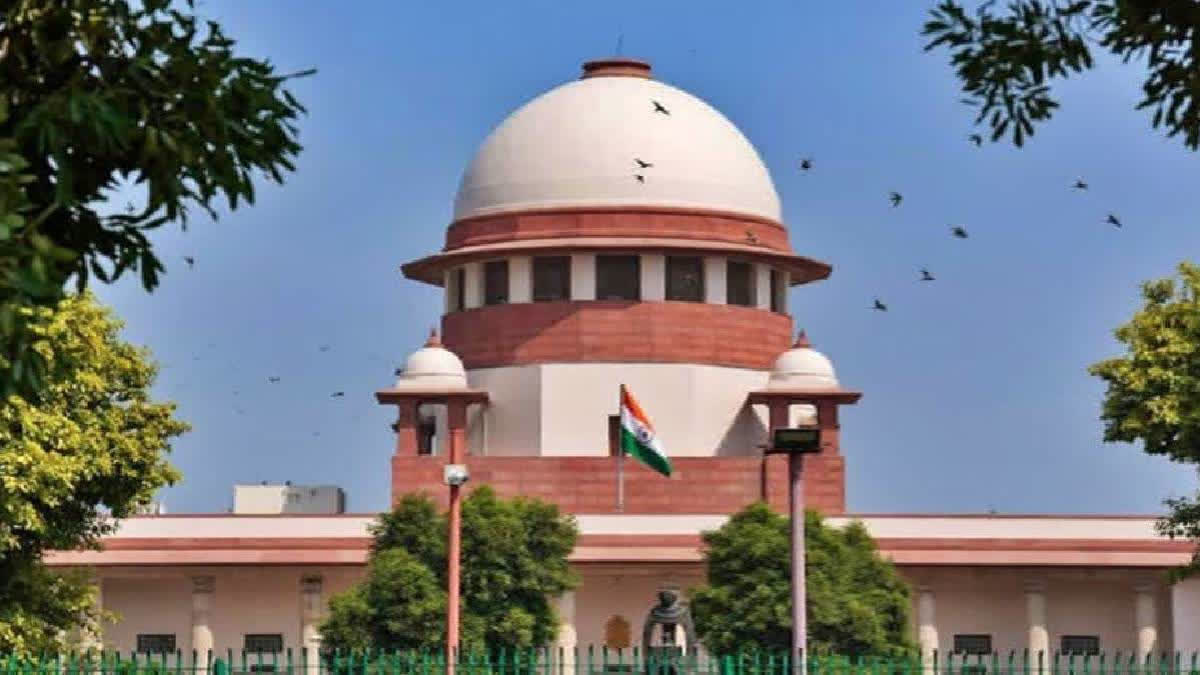Recent Posts
Subscribe
Sign up to get update about us. Don't be hasitate your email is safe.

 Supreme Court
Supreme Court
Introduction
A recent Supreme Court verdict sentencing retired village accountant Nagesh Shivangekar to one year of rigorous imprisonment for accepting a ₹500 bribe 30 years ago reflects both the slow but steady functioning of the Indian judicial system. It also revives faith in justice in an era often clouded by delays and despair.
Case Background
In 1995, farmer Lakshman Katambale from Kadholi village in Belagavi district approached village accountant Nagesh to obtain an RTC (Record of Rights, Tenancy and Crops) for his agricultural land. Nagesh demanded a ₹500 bribe in return. Displeased, Lakshman filed a complaint with the Lokayukta police, who caught Nagesh red-handed while accepting the bribe.
Significance of the RTC Document
The RTC is a crucial document that verifies agricultural land ownership, tenancy, and crop details. It is essential for farmers to avail of loans or benefit from government schemes. A bribe demand for such a document erodes public trust in basic services and administration.
The Long Journey of Justice
In 2006, a special court convicted Nagesh and sentenced him to one year of imprisonment. However, in 2012, the Dharwad High Court acquitted him. The Lokayukta police challenged this decision in the Supreme Court. In 2024, the apex court overturned the acquittal and reinstated the original sentence, upholding the conviction.
Lakshman’s Death – Justice Delayed
Tragically, Lakshman passed away five years ago and did not live to see the final judgment. Nevertheless, the villagers regard the verdict as a victory for justice. It stands as a testament to the adage: "Justice delayed is still justice delivered."
Morality and Rule of Law
This judgment reaffirms that corruption remains a punishable offense regardless of the time elapsed. Retirement or old age cannot shield one from accountability for misusing public office. The verdict underscores the principle that no one is above the law.
A Lesson in the Fight Against Corruption
This ruling sends a strong message to grassroots administrative officers. It also reinstills faith in the Lokayukta and anti-corruption crusaders who tirelessly work toward transparency and justice.
The Problem of Judicial Delays
That this case took 30 years to conclude highlights the sluggish pace of justice delivery in India. It calls urgent attention to the need for judicial reforms to ensure faster resolution of such cases, especially those involving public trust.
Conclusion
Behind the seemingly small bribe of ₹500 lies a profound lesson about the integrity of democracy. This judgment underscores the severe implications of corruption and the importance of courage and perseverance in fighting it. It’s not just a legal victory, but a moral one for every honest citizen.